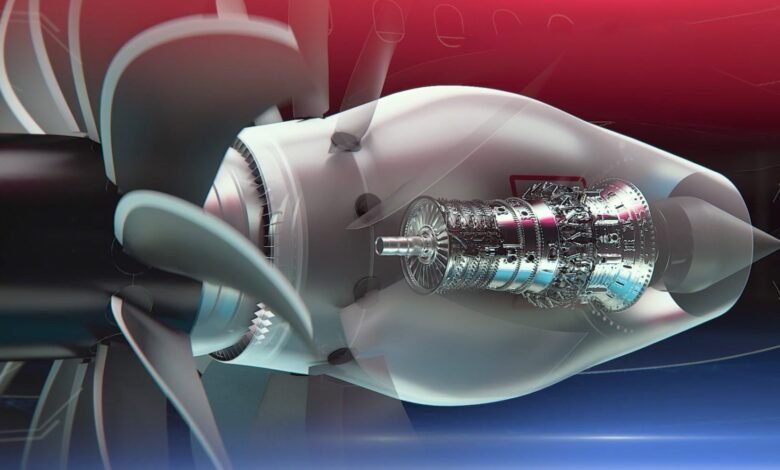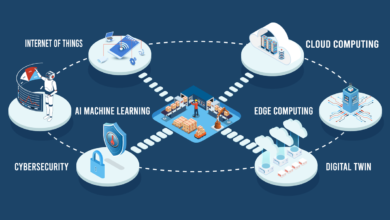Revolutionizing the Road: Unveiling Advanced Engine Technology
Revolutionizing the Road: Unveiling Advanced Engine Technology

Have you ever wondered what’s under the hood of your car these days? It’s not just nuts and bolts anymore. Advanced engine technology is steering the automotive industry into uncharted territories, blending efficiency with sustainability. Let’s pop the hood and take a closer look!
The Evolution of Engine Technology
From Steam to Electric: A Brief History
- Steam Engines: The pioneers of automotive propulsion, steam engines were bulky and slow, but they set the wheels in motion.
- Internal Combustion Engines (ICE): These became the heart of automobiles, offering more power and speed.
- Electric Vehicles (EVs): With a focus on sustainability, EVs are making a strong comeback, challenging traditional ICE dominance.
Why the Shift?
Environmental concerns and the quest for efficiency have accelerated the development of advanced engine technologies. Governments and consumers alike are pushing for greener alternatives, and the industry is responding with innovative solutions.
Cutting-Edge Engine Technologies
Hybrid Systems: The Best of Both Worlds
Hybrid engines combine ICE and electric power to optimize fuel efficiency and reduce emissions.
- Parallel Hybrids: Both the engine and electric motor can drive the wheels simultaneously.
- Series Hybrids: The engine generates electricity, which then powers the electric motor.
- Plug-in Hybrids: These can be charged from an external source, offering extended electric-only driving ranges.
Turbocharging and Supercharging: Boosting Performance
These technologies force more air into the engine, increasing power without significantly raising fuel consumption.
- Turbocharging: Uses exhaust gases to spin a turbine, compressing incoming air.
- Supercharging: Driven directly by the engine, providing immediate power boost.
Variable Valve Timing (VVT): Precision at Its Best
VVT adjusts the timing of valve operations, enhancing performance and efficiency across different engine speeds.
- Benefits:
- Improved fuel economy
- Reduced emissions
- Enhanced power output
Direct Fuel Injection: Hitting the Bullseye
This system delivers fuel directly into the combustion chamber, allowing for more precise control over the air-fuel mixture.
- Advantages:
- Better fuel efficiency
- Lower emissions
- Increased power
Cylinder Deactivation: Power When You Need It
This technology shuts down some of the engine’s cylinders during light-load conditions, improving fuel economy without compromising performance when full power is required.
Hydrogen Fuel Cells: The Next Frontier
Hydrogen fuel cells generate electricity through a chemical reaction between hydrogen and oxygen, emitting only water vapor as a byproduct.
- Pros:
- Zero emissions
- Quick refueling times
- High energy efficiency
- Cons:
- Limited refueling infrastructure
- High production costs
The Impact on the Automotive Industry
Environmental Benefits
Advanced engine technologies are significantly reducing vehicles’ carbon footprints, contributing to cleaner air and a healthier planet.
Economic Implications
While the initial investment in these technologies can be high, the long-term savings in fuel costs and potential tax incentives make them economically viable for consumers.
Challenges Ahead
- Infrastructure Development: The success of technologies like hydrogen fuel cells depends on the availability of refueling stations.
- Consumer Acceptance: Educating consumers about the benefits and reliability of advanced engine technologies is crucial for widespread adoption.
FAQs
Q1: Are electric vehicles better than hybrid vehicles?
It depends on your needs. EVs produce zero emissions and have lower running costs but require access to charging infrastructure. Hybrids offer greater range and flexibility but still rely on fossil fuels to some extent.
Q2: What is the lifespan of a hydrogen fuel cell vehicle?
Hydrogen fuel cell vehicles have a lifespan comparable to traditional vehicles, and their fuel cells are designed to last for several years under normal driving conditions.
Q3: Will advanced engine technologies increase vehicle maintenance costs?
Not necessarily. While some advanced systems may require specialized maintenance, many are designed to be as reliable as traditional engines, potentially lowering maintenance costs over time.
Conclusion
Advanced engine technology is revolutionizing the automotive industry, offering solutions that balance performance, efficiency, and environmental responsibility. As these technologies continue to evolve, the future of transportation looks not only exciting but also sustainable.



